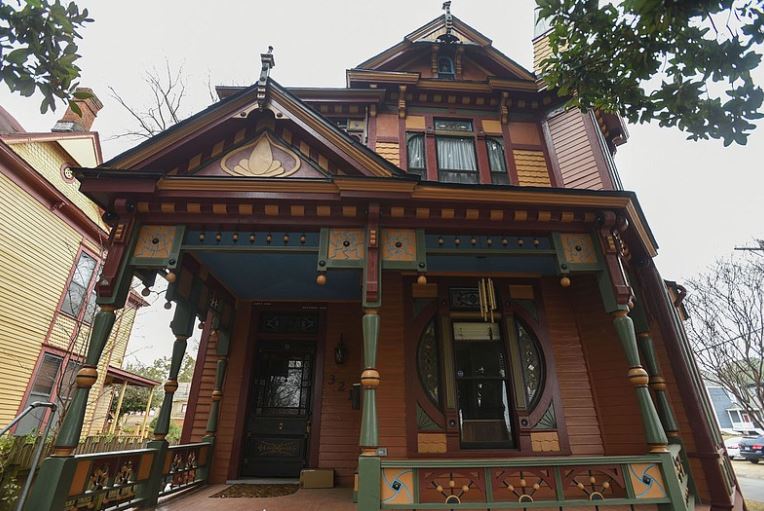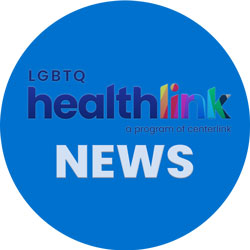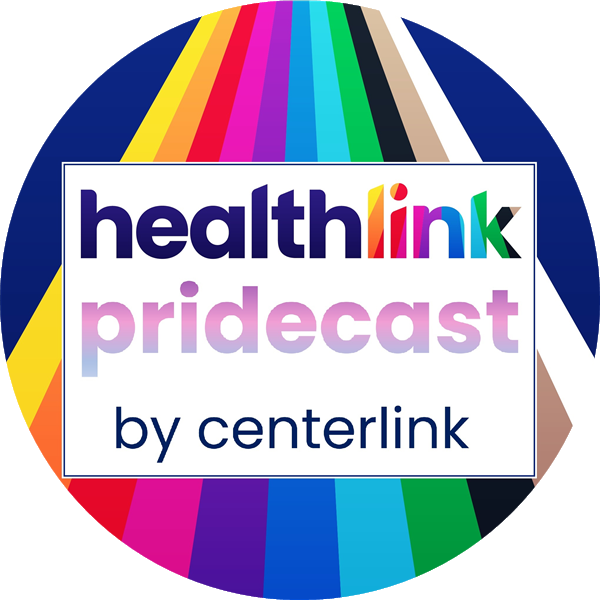Major New Findings on Vaccination – #LGBTWellness Roundup

LGBT HealthLink, 3/2/2022
Major Findings on Vaccination among LGBT Folks
The CDC published new findings providing the best evidence to date on COVID-19 vaccination coverage of LGBT adults. They found that gay and lesbian adults had higher rates of vaccination coverage when compared to their heterosexual peers, while transgender adults had roughly equal rates to their cisgender peers. Interestingly, gay men had higher rates of vaccination than did lesbian women, even though among the general population, women outpace men in getting vaccinated. The results are promising given that the CDC acknowledges LGBT people as being at increased risk for negative COVID-19 outcomes, but major gaps remain; for example, Black LGBT people – who likely face particularly high COVID-19 risks – were the subgroup least likely to be vaccinated.
LGBT Youth Face High Rates of Homelessness
Trevor Project published a new study finding that 28% of LGBT youth had experienced homelessness or housing insecurity at some point in their lives. That number jumped up to 44% among Native/Indingenous LGBT youth, while Asian American / Pacific Islander LGBT youth had the lowest rate at 16%, and other subgroups fell in between. Rates were also higher amoung transgender and nonbinary youth than they were among other LGBT youth. The report also explores the challenges that LGBT youth face while experiencing homelessness or housing insecurity, as well as possible solutions and resources that they need.
New Home in Arkansas for Youth in Need
Relatedly, the Arkansas Democrat-Gazette reported on the opening of a new home for LGBT youth in that state’s River Valley region. The home is now accepting applications from LGBT youth who lack a safe place to live. The founder, who also runs a social space for LGBT youth in the region, says that housing insecurity has been the main issue youth there are confronting, especially during the COVID-19 pandemic. The program will also help youth address physical and mental health issues that can often accompany housing insecurity, especially for those who faced an unwelcoming or unsafe environment at home as a result of their LGBT identity.
Online Support Space Recognized
And also on the subject of safe spaces for youth, Anthem Awards announced that Q Chat Space won a silver medal in its inaugural competition as selected by the International Academy of Digital Arts and Sciences (IADAS). The award recognizes Q Chat Space’s innovative creation of an online meeting place for LGBT youth to meet and chat with professional support. The need for such spaces – which can replicate and supplement the work being done by physical LGBT centers, which contribute to the project – grew exponentially during the COVID-19 pandemic, when youth lost many of the “safe spaces” in schools and communities where they could typically connect. Q Chat Space is an initiative of YouthLink, Centerlink’s youth program.
Dangerous HIV Variant Discovered
NPR reported on a more transmissible and severe variant of HIV that appears to have been concentrated in the Netherlands. The variant seems to have been around for decades and to have already peaked, but was only recently discovered. The case highlights how (just as with COVID-19) HIV can still mutate and become more dangerous over time, underscoring the importance of ongoing surveillance and study. The good news: existing HIV medications still work excellently with this variant for those who are tested and get (and stay) on treatment.
Med Students Lose Interest in LGBT Status Over Time
LGBT Health published a study that found, concerningly, that medical students were less likely to ask their patients about their sexual orientation and gender identity for every year that they were studying. By the end of their fourth year of study, only about half of students asked patients their sexual orientation and only about a quarter asked their gender identity. Most decided over time to only ask about sexual orientation and gender identity to when the patient complaiend about sexual health – despite the wide-ranging medical issues for which risk factors and needs vary for LGBT patients, and the fact that the vast majority of LGBT patients are happy to answer these questions.




